This past week was a whirlwind of EV news and developments from FedEx’s plans to electrify its fleet by 2040, VW saying it expects 50% of its US sales to be from EVs, to GM’s likely plans to build a second battery factory with LG Chem, and much more …
Automaker/EV Models
VW expects half of U.S. sales to be electric vehicles by 2030 – The German automaker said more than 70% of its Volkswagen brand’s European sales will be EVs by 2030, up from a previous target of 35%. In the U.S. and China, it expects half of its sales to be EVs by that time frame. The announcement is specifically for VW-branded vehicles and does not apply to other brands in the VW portfolio (Audi, Porsche, SEAT, Bentley, etc.).
Volkswagen said it plans to spend about 16 billion euros ($19 billion) for investment in the future trends such as “e-mobility, hybridization and digitalization” by 2025. The automaker also plans to make autonomous driving features widely available by 2030. – March 5, via CNBC
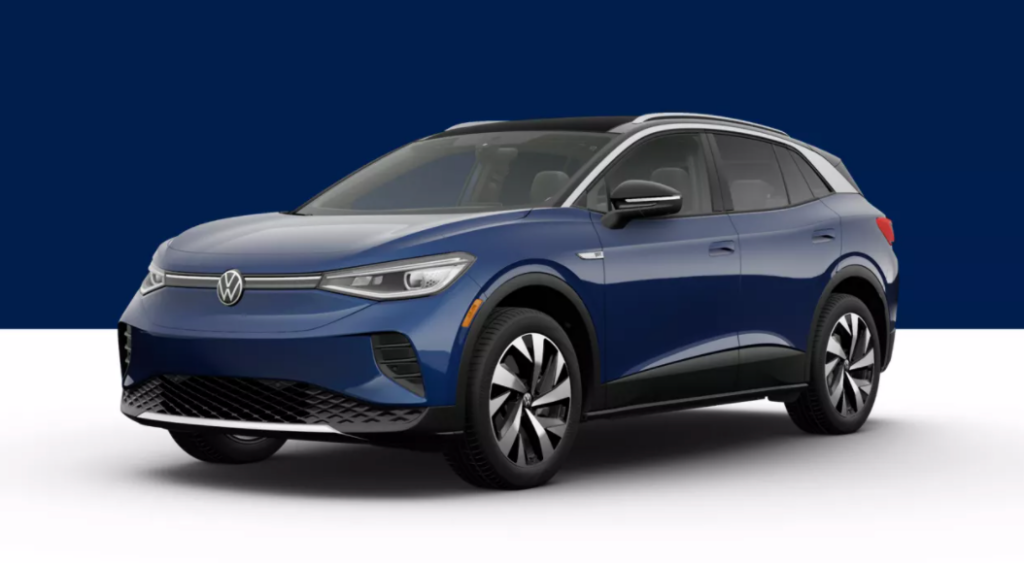
FedEx to Electrify Entire Parcel Pickup and Delivery Fleet by 2040 – By 2040, the entire FedEx parcel pickup and delivery (PUD) fleet will be zero–emission electric vehicles. FedEx plans to accomplish this through phased programs to replace existing vehicles. For example, by 2025, 50% of FedEx Express global PUD vehicle purchases will be electric, rising to 100% of all purchases by 2030. – March 5, via FedEx press release
GMC Hummer EV SUV Will Debut April 3 – The GMC Hummer electric pickup’s SUV stablemate will be revealed on April 3. online and during the NCAA Final Four basketball game broadcast. The same removable roof panels seen on the truck will likely be found on the SUV so that it can compete with models such as the Jeep Wrangler and Ford Bronco.
The key differences between the truck and the SUV will be found inside, where the Hummer SUV may offer a third row of seats. The SUV also looks to have a spare tire mounted on the tailgate according to a teaser silhouette GMC released. The Hummer SUV likely won’t go on sale until late 2022 or early 2023. – March 8, via Car and Driver

Volvo Switching to Online Sales for EVs – Along with Volvo’s plan to sell only electric vehicles by 2030, the brand revealed that in the US it will also transition to a purchase process that eliminates markups, negotiation, and haggling. The sales process will lock in “transparent and set pricing models”—and technically makes its EVs available online.
Beginning with 2022 model-year, Volvo EVs will come with an expanded Care by Volvo package that includes service, roadside assistance, home charging, and insurance where possible. – March 8, via Green Car Reports
VW Confirms Next Generation EV Coming in 2026 – VW confirmed more details of its Project Trinity flagship electric car, including a launch date of 2026. The car will be a “sporty sedan” that will set “new standards” in range and charging, as well as pioneer a new business model that charges customers to activate software-based features, VW said in a press release.
Project Trinity will also serve as a showcase for new driver-assist tech, another area the automaker plans to focus on. In a separate release, VW said it plans to make autonomous driving “widely available” by 2030. – March 8, via Green Car Reports
Batteries and Charging
GM is close to building a second EV battery factory in the US, report says – General Motors is considering building a second battery factory in the United States, The Wall Street Journal reports, in order to ramp up its production of electric vehicles. The factory would be built in collaboration with LG Chem, the South Korean battery maker that is already working with GM on a battery factory in northern Ohio.
According to the Journal, the second facility is likely to be located in Tennessee, though a final location has yet to be selected. A spokesperson for GM confirmed that a second factory is being discussed with LG Chem, and a decision is expected sometime in the first half of 2021. – March 4, via The Verge/Wall Street Journal
President Biden hopes to build 500,000 new electric car chargers by 2030. We talked to 5 experts about how to make that happen. – President Biden has pledged to build 500,000 new plugs over the next decade, in an effort to cut emissions from highways that are currently the single largest source of carbon emissions. To get there – and to reach a fully electric future – five experts and industry leaders say the country will need an aggressive infrastructure plan and an array of green policies to go along with it.
Convincing millions of consumers to go electric will require a massive upfront investment to drastically scale charging access, Nick Nigro, founder of the transportation-focused consultancy Atlas Public Policy, told Insider. He wants Congress and the Biden administration to approach charging infrastructure the same way Tesla went about building its Supercharger network.
“[Tesla] made considerable investments early on to establish that no matter where you were in the United States, you’d be able to travel with your Tesla vehicle without concern over range or access to charging,” he said. “Now the federal government is in a position to look at all electric transportation with that same lens.” – March 7, Business Insider via Yahoo Finance
Ample is trying to make battery swapping for EVs a reality, starting with Uber drivers in the Bay Area – A San Francisco start-up called Ample wants to make electric vehicle battery swapping work in the United States following a history of failure by others in the space.
Ample now operates five battery swap stations in the San Francisco Bay Area specifically for Uber drivers. Participating drivers with supported electric vehicles can exchange a spent battery for a fully charged one in less than 10 minutes. At launch, Ample supports the Nissan Leaf — which is the main electric vehicle used by Uber drivers — and some Kia electric vehicles. It does not support Teslas, however, along with other popular EV models. Right now, the stations have a maximum capacity of 90 cars per day. Eventually, Ample hopes to make swapping an option for all EVs. – March 3, via CNBC
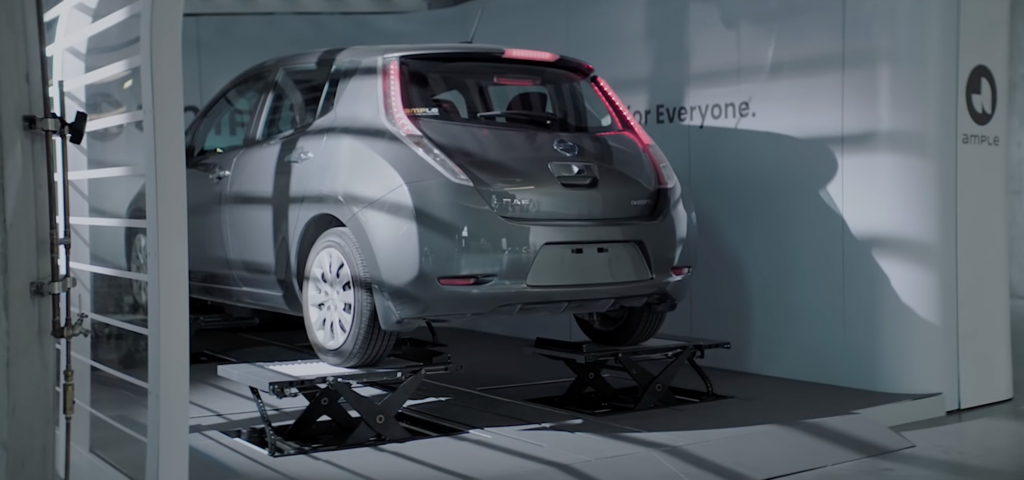
PlugShare Research: Texas Power Blackouts Didn’t Stop Most EV Drivers – A survey conducted last week by PlugShare Research shows that the widespread power outages from the recent devastating Texas winter storm had only a minor transportation impact on the large majority of the state’s grid-dependent battery electric vehicle (BEV) drivers. 580 battery EV drivers were surveyed in the study.
Even though 72% say they had experienced at least one power blackout at home between February 10 and February 22, less than 6% said they were unable to drive their BEV at some point because a blackout made it impossible. – March 5, via PlugShare
Is EV charging the next gig for the gig economy? SparkCharge thinks so – Mobile battery charging company SparkCharge recently announced a partnership agreement with AllState that expands the company’s reach into vehicle services, driving the company further down the road toward its goal of making electric vehicle charging the next gig economy job.
SparkCharge’s 120 kilowatt fast charger can be delivered on-demand through a network of partners that now includes AllState and the Durham, North Carolina vehicle services startup, Spiffy. Customers can choose to top up with between 50 miles and 100 miles of charge using the Roadie, which is the lynchpin in a broader charging network that SparkCharge’s founder, Joshua Aviv, envisions. – March 2, via TechCrunch
Legislation / Incentives / Policy
Minnesota State Senator Proposes Electric Fuel Tax – As more residents of Minnesota buy electric vehicles gas tax revenue will decline causing the state to find a way to replace the gas tax money it uses to pay for roads and bridges, said Central Minnesota Sen. Jeff Howe, R-Rockville. Howe recently proposed a bill that would tax electricity as fuel at charging stations for electric vehicles and also proposed a bill to increase fees on electric vehicles.
“This is at its infancy,” Howe said of electric vehicles on the road. “Now is the time to implement something so we have the infrastructure going forward.” – March 3, via St. Cloud Times
Study: Shift to 100% New Medium- and Heavy-Duty ZEV Sales by 2040 Could Prevent 57,000 Premature Deaths by 2050 – A shift to electric trucks and buses in urban areas could prevent more than 57,000 premature deaths by 2050, according to a new Environmental Defense Fund study.
Heavy-duty trucks and buses are a major source of air pollution, with the health burden falling disproportionately on people of color and low-income families. These vehicles only represent about 4% of total vehicles on the road in the United States, but they are the largest generators of nitrogen-oxide pollution and particulate matter, and produce more air pollution annually than the entire nation of Australia, according to the Environmental Defense Fund. – March 8, via Green Car Reports
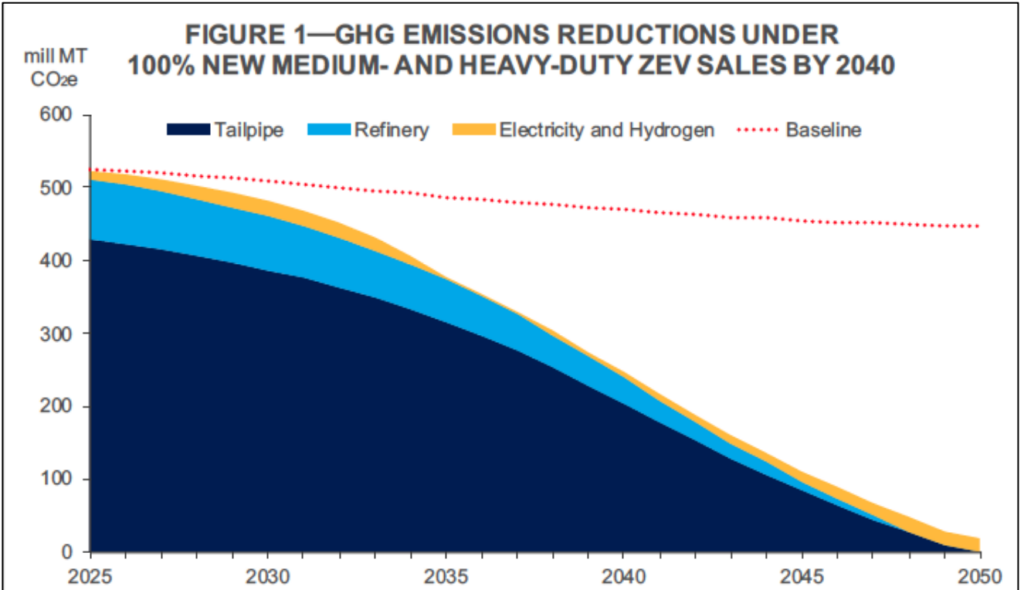
Funding/IPOs/SPACs
Flying taxi startup Lilium in talks for Qell SPAC merger – Lilium, the developer of an on-demand regional air taxi service, is in talks to merge with blank-check company Qell Acquisition Corp., Bloomberg reported. A deal could value the combined group at over $2 billion. Qell, which is led by former General Motors executive Barry Engle, raised $350 million in its IPO last year. Lilium has secured over $390 million in total funding from investors including Baillie Gifford, Tencent and Atomico. – March 5, via Pitchbook
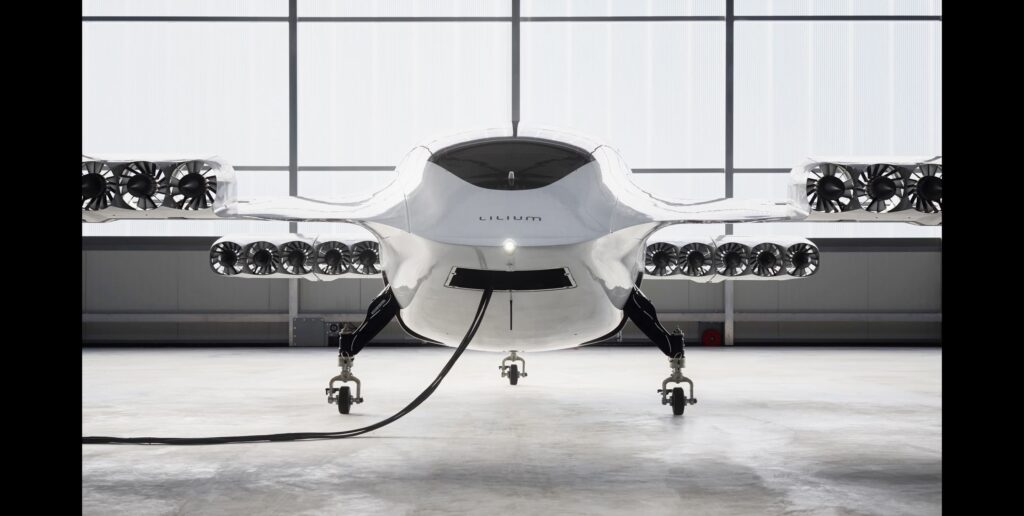

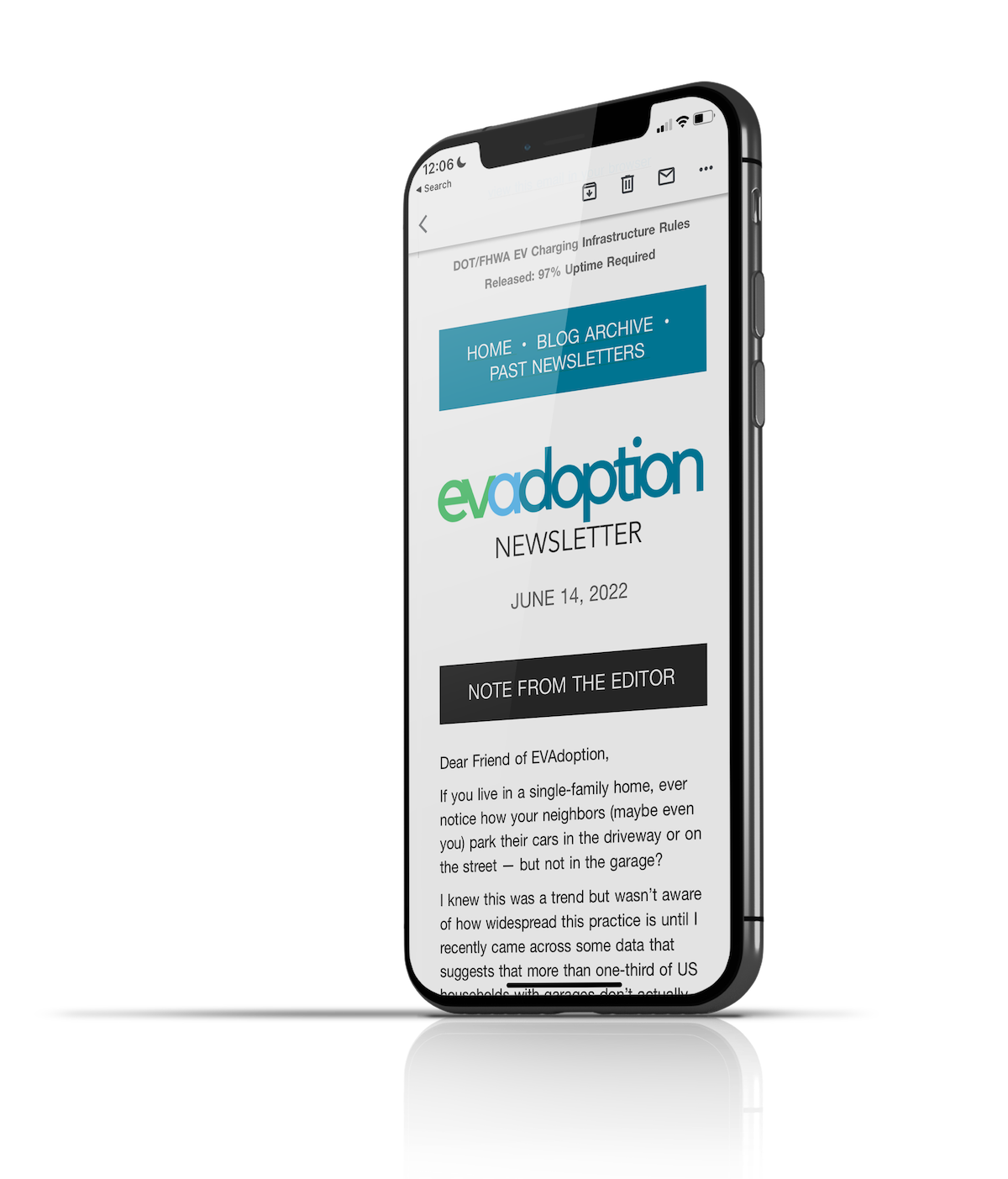
One Response